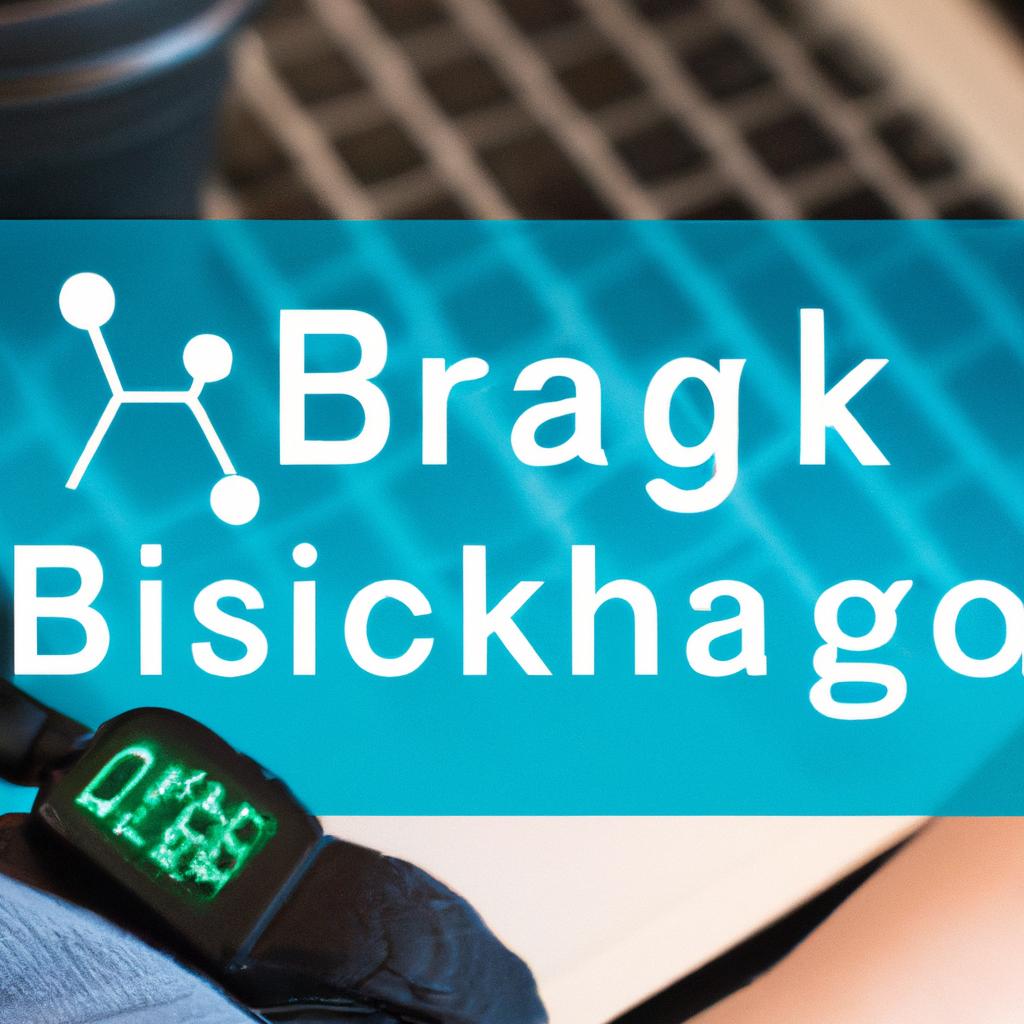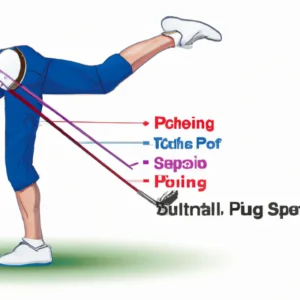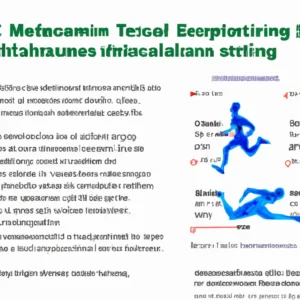Biohacking Sleep: How Wearable Technology Can Optimize Your Sleep Quality for Peak Performance
# Biohacking Sleep: How Wearable Technology Can Optimize Your Sleep Quality for Peak Performance
In today’s fast-paced world, sleep is often overlooked as a crucial component of health and productivity. With the rise of wearable technology, individuals can now biohack their sleep to gain insights and make adjustments that enhance sleep quality. These devices track various metrics, offering users personalized data that can help them unlock better rest, leading to peak performance in their daily lives. This blog post will explore how wearable technology can improve your sleep quality, along with nutrition tips, exercise advice, and health benefits that come with prioritizing sleep.
## Understanding Sleep Quality
### What is Sleep Quality?
Sleep quality refers to how well you sleep, encompassing factors like the time it takes to fall asleep, the duration of sleep, and how often you wake during the night. High-quality sleep is characterized by uninterrupted cycles of deep and REM sleep, which are crucial for recovery and cognitive function.
### The Role of Wearable Technology
Wearable devices, such as smartwatches and fitness trackers, have evolved to include advanced sleep-tracking features. These gadgets utilize sensors to monitor heart rate, movement, and even blood oxygen levels. By analyzing this data, users can gain insights into their sleep patterns and identify areas for improvement.
## Nutrition Tips for Better Sleep
### Foods to Incorporate
To optimize sleep quality, certain foods can be beneficial:
– **Complex Carbohydrates**: Foods like whole grains, oats, and quinoa can promote serotonin production, which helps regulate sleep.
– **Magnesium-Rich Foods**: Nuts, seeds, and leafy greens are high in magnesium, a mineral known to improve sleep quality by calming the nervous system.
– **Sleep-Inducing Snacks**: A small snack containing both protein and carbohydrates, such as yogurt with fruit or a banana with nut butter, can help increase the production of melatonin.
### Foods to Avoid
On the flip side, some foods can disrupt sleep:
– **Caffeine**: Consuming caffeine in the afternoon or evening can interfere with your ability to fall asleep and reduce sleep quality.
– **Heavy Meals**: Large meals close to bedtime can lead to discomfort and indigestion, making it harder to sleep soundly.
– **Alcohol**: While alcohol may initially make you feel drowsy, it can disrupt the sleep cycle and reduce REM sleep.
## Exercise Advice for Sleep Optimization
### Timing Matters
Engaging in regular physical activity has been shown to improve sleep quality. However, timing is essential. Exercising too close to bedtime can elevate heart rates and body temperature, making it harder to fall asleep. Aim to finish workouts at least three hours before bedtime for optimal results.
### Best Types of Exercise
Certain types of exercise may be more effective for promoting sleep:
– **Aerobic Exercise**: Activities like running, cycling, and swimming can help reduce anxiety and improve sleep duration.
– **Yoga and Stretching**: Gentle yoga or stretching routines can promote relaxation and help prepare the body for restful sleep.
– **Strength Training**: Incorporating strength training into your weekly routine can also support better sleep by enhancing overall physical well-being.
## Health Benefits of Quality Sleep
### Enhanced Cognitive Function
One of the most significant benefits of quality sleep is improved cognitive performance. Adequate rest enhances memory, concentration, and problem-solving skills, allowing you to function at your best mentally.
### Physical Health Improvements
Quality sleep supports immune function, reduces the risk of chronic diseases, and aids in muscle recovery. Poor sleep has been linked to various health issues, including obesity, diabetes, and cardiovascular diseases.
### Emotional Well-Being
Sleep quality also impacts emotional health. Lack of sleep can lead to increased irritability, anxiety, and depression. Prioritizing sleep can help regulate mood and promote a more balanced emotional state.
## Conclusion
In summary, biohacking sleep through wearable technology offers a powerful way to enhance sleep quality for peak performance. By understanding sleep metrics, adjusting nutrition, optimizing exercise routines, and recognizing the numerous health benefits that quality sleep provides, anyone can take proactive steps to transform their rest. Prioritizing sleep not only impacts individual health but also contributes to overall well-being, allowing you to thrive in all aspects of life.















Post Comment